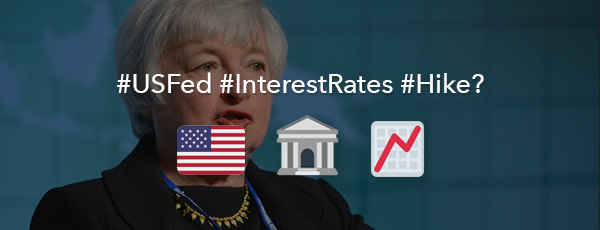
Image source:
What's going on?
Wednesday saw some important economic news come out of Europe. Despite some data that was positive (compared to recent years), it also showed the economic challenges that the eurozone faces.
What does this mean?
The unemployment rate in the eurozone was unchanged in July and remains at a 5-year low. However, it�s worth remembering that the unemployment rate is still high by historical standards and it�s particularly high (above 20%) for people aged under 25.
Inflation (i.e. the rate at which prices rise) in the eurozone was lower than economists expected in August (and the same rate as it was in July), which suggests that inflation in the eurozone is set to remain at a very low level (by historical standards). The historically high level of unemployment has something to do with that: fewer jobs mean less income for Europeans and mean that people are less able to afford to pay higher prices.
Why should I care?
The bigger picture: It would be better if inflation were higher.
The European Central Bank (ECB) aims for inflation just below 2% (it�s currently at 0.2%). Why a 2% target? A moderate amount of inflation typically helps boost economic growth (e.g. a business buys that piece of equipment today because the price is likely to increase in the future). Also, lots of people, businesses and governments have borrowed money: by making that money worth less in the future (which is, effectively, what inflation does), it�s easier for those entities to pay back their debt. In sum, it�s better for the economy when everyone is making more and owing less money � and a little bit of inflation makes that easier.
For the markets: Investors are awaiting a reaction from the ECB.
The ECB has tried various different extreme measures in an effort to give inflation (and, relatedly, the overall economy) a boost. The ECB meets next week and investors will be looking for signs from its President, Mario Draghi, that it will expand those measures, e.g. increase the amount of government bonds that it�s buying (click here for an explanation of so-called �quantitative easing�).
Originally posted as part of the Finimize daily email.
The top 2 financial news stories in 3 minutes. Join over one million Finimizers





